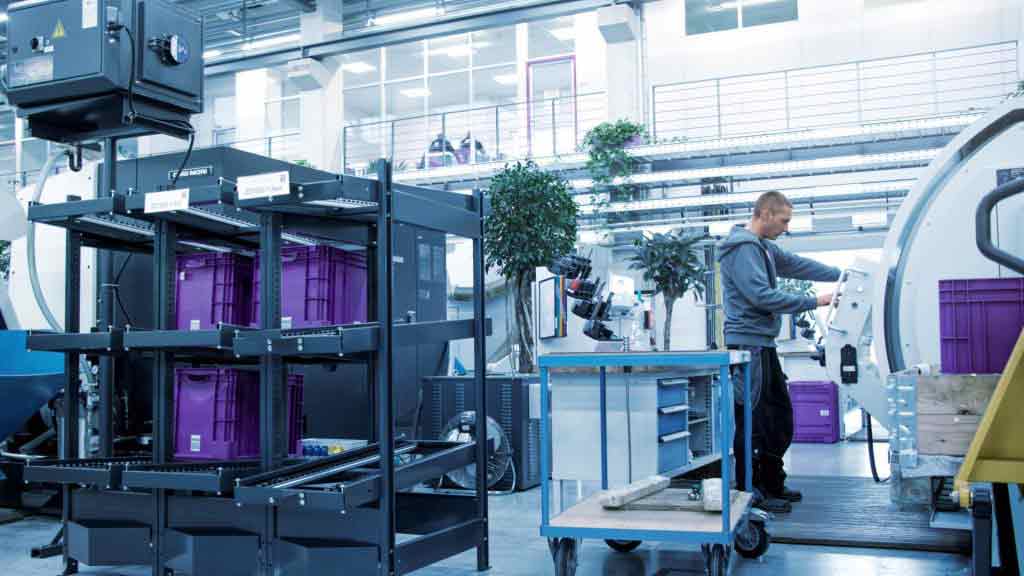Machine and Production
Machinery and production intertwine as key components of industrial processes, driving efficiency and innovation. In manufacturing, machines play a pivotal role in automating tasks, optimizing output, and ensuring precision. Advanced technologies, like CNC machining and robotic systems, enhance production speed and accuracy. The synergy between machines and production methodologies, such as Lean or Six Sigma, results in streamlined workflows and reduced operational costs. Continuous advancements, including the integration of IoT and AI, further revolutionize the landscape, offering predictive maintenance and intelligent decision-making. In essence, the symbiotic relationship between machines and production methodologies is foundational to modern industrial practices, fostering progress and competitiveness.

Key Elements in Machinery and Production
1. **Automation Technology:** Automation is a cornerstone in modern machinery and production. Incorporating technologies like robotics, programmable logic controllers (PLCs), and computer numerical control (CNC) systems streamlines operations, reduces human error, and enhances precision in manufacturing.
2. **Advanced Materials and Components:** Utilizing high-quality materials and components is essential for durable and efficient machinery. Innovations in metallurgy, composite materials, and specialized components contribute to the reliability and performance of production equipment.
3. **Precision Manufacturing:** Precision is paramount in machinery and production. Technologies like Computer-Aided Design (CAD) and Computer-Aided Manufacturing (CAM) facilitate accurate design and production processes, ensuring tight tolerances and consistent quality in the manufactured goods.
4. **Supply Chain Integration:** Seamless integration with the supply chain is crucial for efficient production. Just-in-time manufacturing, real-time inventory tracking, and supplier collaboration enhance responsiveness, reduce lead times, and minimize excess inventory.
5. **Energy Efficiency:** Sustainable production is increasingly important. Machinery designed with energy-efficient features, such as variable frequency drives and smart sensors, not only reduces environmental impact but also lowers operational costs.
6. **Predictive Maintenance Systems:** To prevent downtime and extend machinery lifespan, predictive maintenance systems leverage sensors and data analytics to anticipate equipment failures. This proactive approach minimizes disruptions, enhances reliability, and optimizes maintenance schedules.
7. **Quality Control and Assurance:** Robust quality control processes are fundamental. Implementing quality assurance protocols, statistical process control, and inspection mechanisms ensures that the final products meet stringent standards, fostering customer satisfaction and market competitiveness.
8. **Continuous Improvement Methodologies:** Adopting methodologies like Lean Manufacturing and Six Sigma promotes continuous improvement. These approaches optimize workflows, eliminate waste, and enhance overall production efficiency, contributing to a culture of innovation and competitiveness.